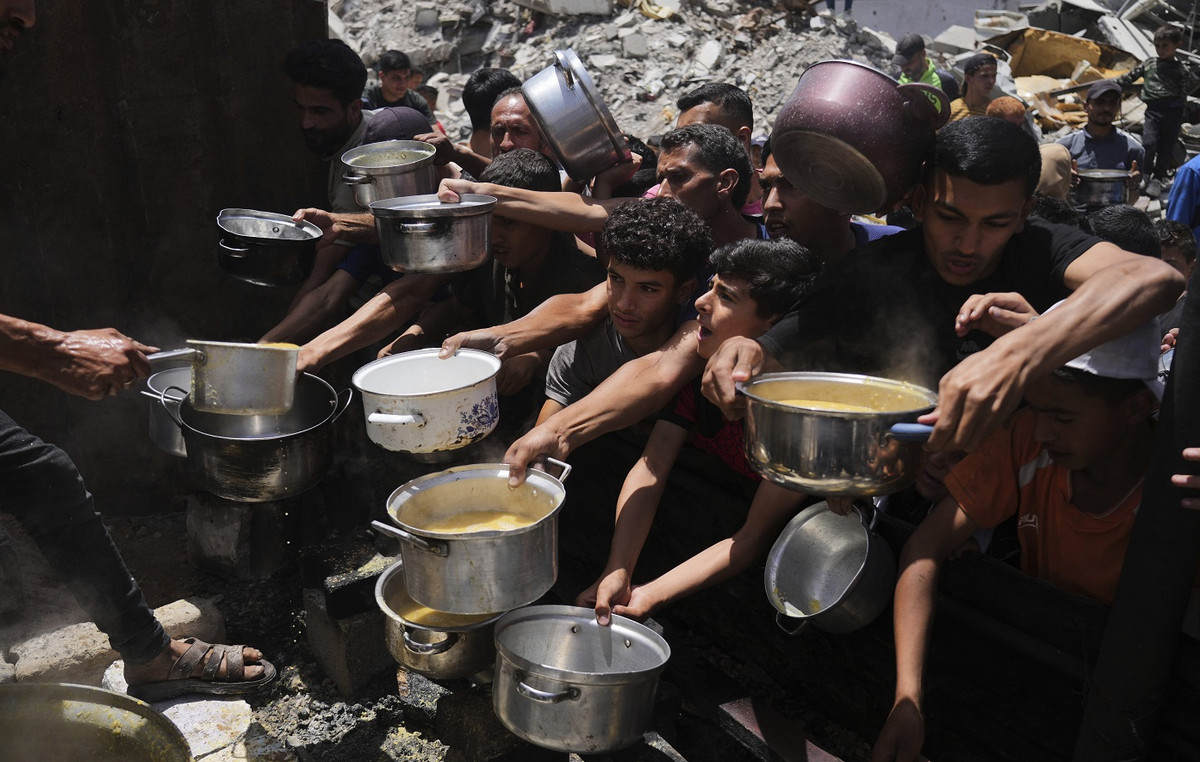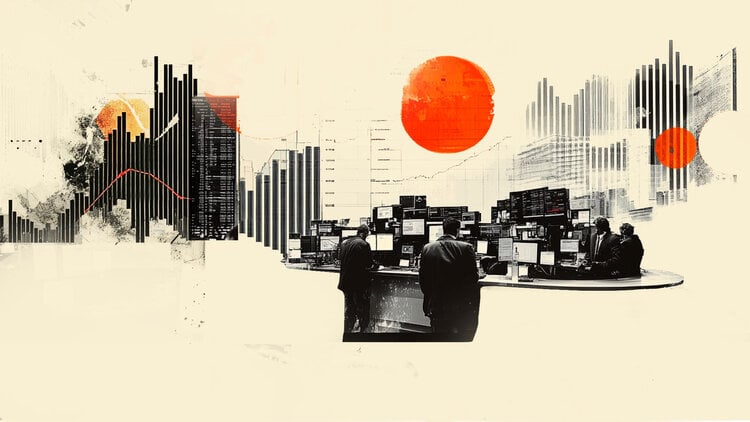By Andreas Kluth
The leaders of the 27 member states of the European Union love to extol the solidarity that unites their countries. Even the words used signal the existence of a destiny. The word “union” comes via French from the Latin unus, meaning “one”, and the word solidarity from solidus, meaning “solid, united and indivisible”. Like a good marriage, the bloc is meant to be a union of solidarity.
In fact, it is not – and Europe’s enemies know it. They include Russian President Vladimir Putin and authoritarian leaders like those in China – and beyond. The EU’s biggest problem is its inability to recognize threats, responsibilities and sacrifices as shared.
Anguish
Right now, the nail biting agonizing is about Putin – both his actual war against Ukraine and his hybrid war against the EU. His weapon of choice is energy.
Putin has spent two decades making the EU vulnerable – that is, making it dependent on Russian gas and other hydrocarbons – by building a network of pipelines to gullible countries like Germany. This year, after invading Ukraine in February, he armed his specific weapons and pulled the trigger.
In early summer, it capped natural gas flowing through Nord Stream 1, a large pipeline from Russia to Germany under the Baltic Sea, to 60% of its capacity. This week, it further reduced it to 20%.
He could reduce it further or turn off the tap completely. As a result, Europe’s storage tanks will be emptier than they should be for the winter. Putin is threatening to make Europeans hunker down in unheated homes and force parts of European industry to close.
Solidarity;
As with any of its crises, the question for the EU is what to do about this mess. So the countries most affected – led by Germany in this case – invoke this famous feeling of solidarity.
Last week, the European Commission proposed that the entire bloc voluntarily reduce gas consumption by 15%, with mandatory cuts to follow if necessary. The backlash was inevitable, understandable – and hardly reassuring.
Spain, Portugal, Italy, Greece and many other member states do not rely on Russian gas and are therefore not at great risk. Furthermore, any gas savings they would pass on to their own companies and consumers would not help the Germans, as there are no pipelines to carry back-up gas from Madrid or Malta, e.g. in Bavaria or Berlin. So why should they say “yes” to compulsory reporting?
German responsibility
And besides, isn’t Germany to blame? Many Europeans have spent years warning Berlin not to build two pipelines under the Baltic linking Germany to Russia and abandon nuclear power at the same time.
Complacently, Germany ignored its partners and downplayed the threat posed by the Kremlin. For Germans today to ask Spaniards to take shorter showers now seems a bit excessive.
And hypocritical. A decade ago, during the euro crisis, the roles were reversed. The US-initiated financial turmoil has led to sell-offs in the bonds of member states – such as Greece, Spain and Portugal – even threatening a Grexit-style crash. But when these countries asked Germany and other northern countries for solidarity, they were instead lectured on the evils of their sloppiness because they had borrowed too much in the first place.
The EU was less enthusiastic about showing solidarity in 2015-16, when more than a million refugees crossed from Turkey to Greece while the country was still reeling from the euro crisis. Some member states – including Germany – offered help, but others – led by Poland and Hungary – refused.
The same in 2020, when SARS-CoV-2 appeared. The instinctive reflex of member states was to close their borders – even to masks and medical equipment – turning the EU’s vaunted “single market” into a travesty. Europeans then came dangerously close to being in open rift with each other over vaccines. Eventually, Brussels got its act together and balanced things out, but Ursula von der Leyen, the president of the European Commission, admitted that “we were glancing into the abyss” – that is, into a dissolving paralysis of the EU.
What if the invaders were Russian soldiers instead of a virus? Given the EU’s track record, it is entirely reasonable for front-line member states to find talk of a “European Army” ludicrous. Would the Dutch, Italians and Germans send their sons and daughters to die defending Estonians, Latvians or Poles? Yes, is the answer. But this is because they are in NATO and supported by the US, not because they are in the EU and have a high sense of solidarity.
Putin is not worried at all
The world’s major powers understand this weakness of the EU. Europe’s friends in Washington are worried about it. Her enemies in Moscow and Beijing are trying to exploit her. To intensify internal strife in the EU, Turkey and Belarus, for example, tried to create artificial refugee crises from scratch.
European leaders are fully aware of the situation and therefore want to play down this particular vulnerability. Let’s take German Chancellor Olaf Scholz as an example. Praising Europe’s “unity” in words, he strongly protests – betraying how fake he sees it – and demands an end to national vetoes and the practice of “individual member states selfishly blocking European decisions”.
He had Hungary in mind at the time, however other countries feel this way on other occasions about Germany.
As is their wont, the EU27 this week settled their latest spat over gas savings in the usual way: they all came together and hammered out a compromise. Natural gas will be saved – somewhere, somehow – but so many countries got exemptions and loopholes, one needs a magnifying glass to find the solidarity.
Putin saw nothing in Brussels this week to make him feel uneasy.
Source: Bloomberg
I’m Ava Paul, an experienced news website author with a special focus on the entertainment section. Over the past five years, I have worked in various positions of media and communication at World Stock Market. My experience has given me extensive knowledge in writing, editing, researching and reporting on stories related to the entertainment industry.







